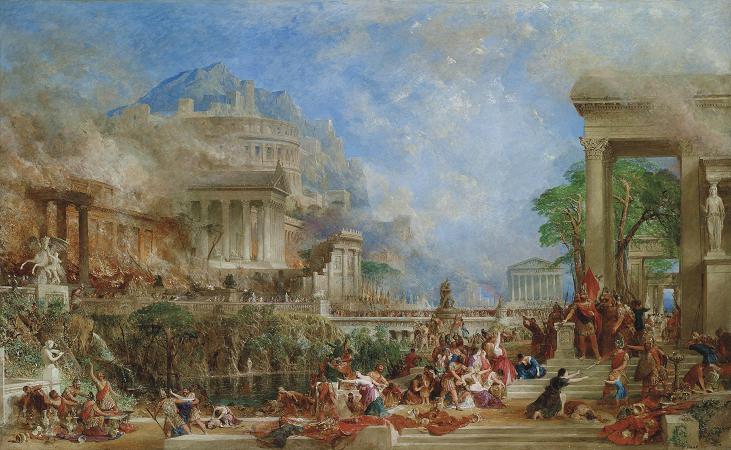British Parliment. The Parliament of the United Kingdom of Great Britain and Northern Ireland, commonly known internationally as the UK Parliament, British Parliament or Westminster Parliament, as well as domestically simply as Parliament or Westminster, is the supreme legislative body of the United Kingdom, the Crown dependencies and the British Overseas Territories. It alone possesses legislative supremacy and thereby ultimate power over all other political bodies in the UK and the overseas territories. Parliament is bicameral but has three parts, consisting of the Sovereign, the House of Lords, and the House of Commons. The two houses meet in the Palace of Westminster in the City of Westminster, one of the inner boroughs of the capital city, London. The House of Lords includes two different types of members: the Lords Spiritual, consisting of the most senior bishops of the Church of England, and the Lords Temporal, consisting mainly of life peers, appointed by the Sovereign on the advice of the Prime Minister, and of 92 hereditary peers, sitting either by virtue of holding a royal office, or by being elected by their fellow hereditary peers. Prior to the opening of the Supreme Court in October 2009, the House of Lords also performed a judicial role through the Law Lords. The House of Commons is an elected chamber with elections to 650 single member constituencies held at least every five years under the first-past-the-post system. The two Houses meet in separate chambers in the Palace of Westminster in London. By constitutional convention, all government ministers, including the Prime Minister, are members of the House of Commons or, less commonly, the House of Lords and are thereby accountable to the respective branches of the legislature. Most cabinet ministers are from the Commons, whilst junior ministers can be from either House. However, the Leader of the House of Lords must be a peer. The Parliament of Great Britain was formed in 1707 following the ratification of the Treaty of Union by Acts of Union passed by the Parliament of England and the Parliament of Scotland, both Acts of Union stating, That the United Kingdom of Great Britain be represented by one and the same Parliament to be styled The Parliament of Great Britain. At the start of the 19th century, Parliament was further enlarged by Acts of Union ratified by the Parliament of Great Britain and the Parliament of Ireland that abolished the latter and added 100 Irish MPs and 32 Lords to the former to create the Parliament of the United Kingdom of Great Britain and Ireland. The Royal and Parliamentary Titles Act 1927 formally amended the name to the Parliament of the United Kingdom of Great Britain and Northern Ireland, five years after the secession of the Irish Free State in 1922. With the global expansion of the British Empire, the UK Parliament has shaped the political systems of many countries as ex-colonies and so it has been called the Mother of Parliaments. However, John Bright; who coined the epithet; used it in reference to the political culture of England rather than just the parliamentary system. In theory, the UK's supreme legislative power is officially vested in the Crown-in-Parliament. However, the Crown normally acts on the advice of the Prime Minister and the powers of the House of Lords are limited to only delaying legislation; thus power is de facto vested in the House of Commons. For histories of the parliaments preceding the UK Parliament, see Parliament of England, Parliament of Scotland, Parliament of Great Britain, and Parliament of Ireland. For a summary, see Parliament in the Making. The United Kingdom of Great Britain and Ireland was created on 1 January 1801, by the merger of the Kingdoms of Great Britain and Ireland under the Acts of Union 1800. The principle of ministerial responsibility to the lower House did not develop until the 19th century, the House of Lords was superior to the House of Commons both in theory and in practice. Members of the House of Commons were elected in an antiquated electoral system, under which constituencies of vastly different sizes existed. Thus, the borough of Old Sarum, with seven voters, could elect two members, as could the borough of Dunwich, which had almost completely disappeared into the sea due to land erosion. Many small constituencies, known as pocket or rotten boroughs, were controlled by members of the House of Lords, who could ensure the election of their relatives or supporters. During the reforms of the 19th century, beginning with the Reform Act 1832, the electoral system for the House of Commons was progressively regularised.
more...














